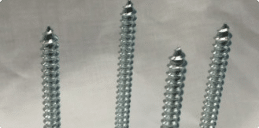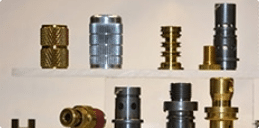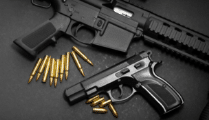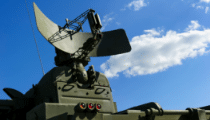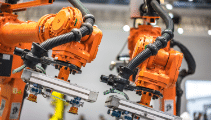Automatic screw machining is a manufacturing process that employs the use of an automatic lathe to create small, high-precision turned parts. The process is highly versatile and reliable, producing pieces from different materials and finishes with greater consistency than other mass-production methods.
The following article provides an overview of automatic screw machining, including outlining how the process works, types of equipment available, typical parts produced, key benefits, and industrial applications.

